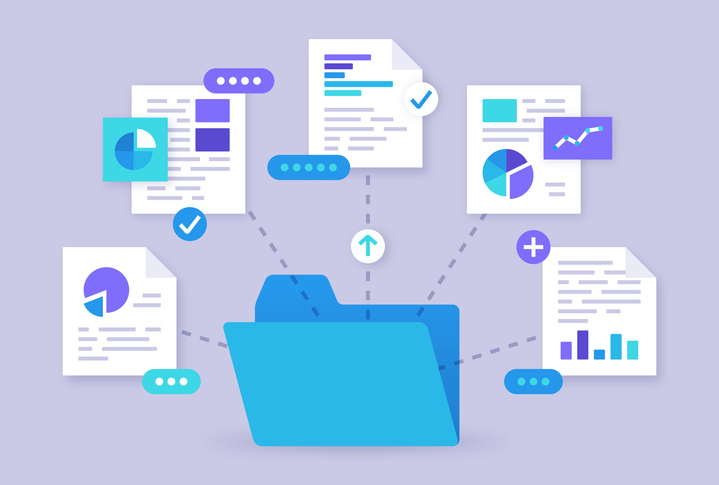A House of Commons committee has criticised rail operators for making the cheapest tickets available only through the Internet.
"It is unacceptable that you have to have access to the Internet to get the cheapest fares,” said Edward Leigh, MP and chair of the Public Accounts Committee. “Those without such access, without time to search or who travel at short notice are stuck with paying through the nose.”
The Association of Train Operating Companies has responded by saying that its members have worked hard to simplify the pricing structure of their tickets, and that information about pricing is readily available through multiple channels.
The committee’s conclusion raises questions about how private organisations that provide key services should manage e-commerce. Typically, such organisations discount online purchases to encourage those that can buy via the web to do so, as an automated transaction is cheaper than one conducted by an employee.
But the PAC’s comments suggest that those organisations have a moral duty to make pricing equal across all channels, a duty that may clash with commercial strategy.
It also relates to the government’s own plans to promote the adoption of online public services. How does one encourage citizens to use online services, which should in theory be cheaper to run, without disadvantaging those who are unable to access them?
In a related piece of news, the government announced today that it has set aside money to fund research into ‘high speed’ broadband technology. The amount earmarked for this bold and world-leading research? A pusillanimous £1 million.









